-

-

-
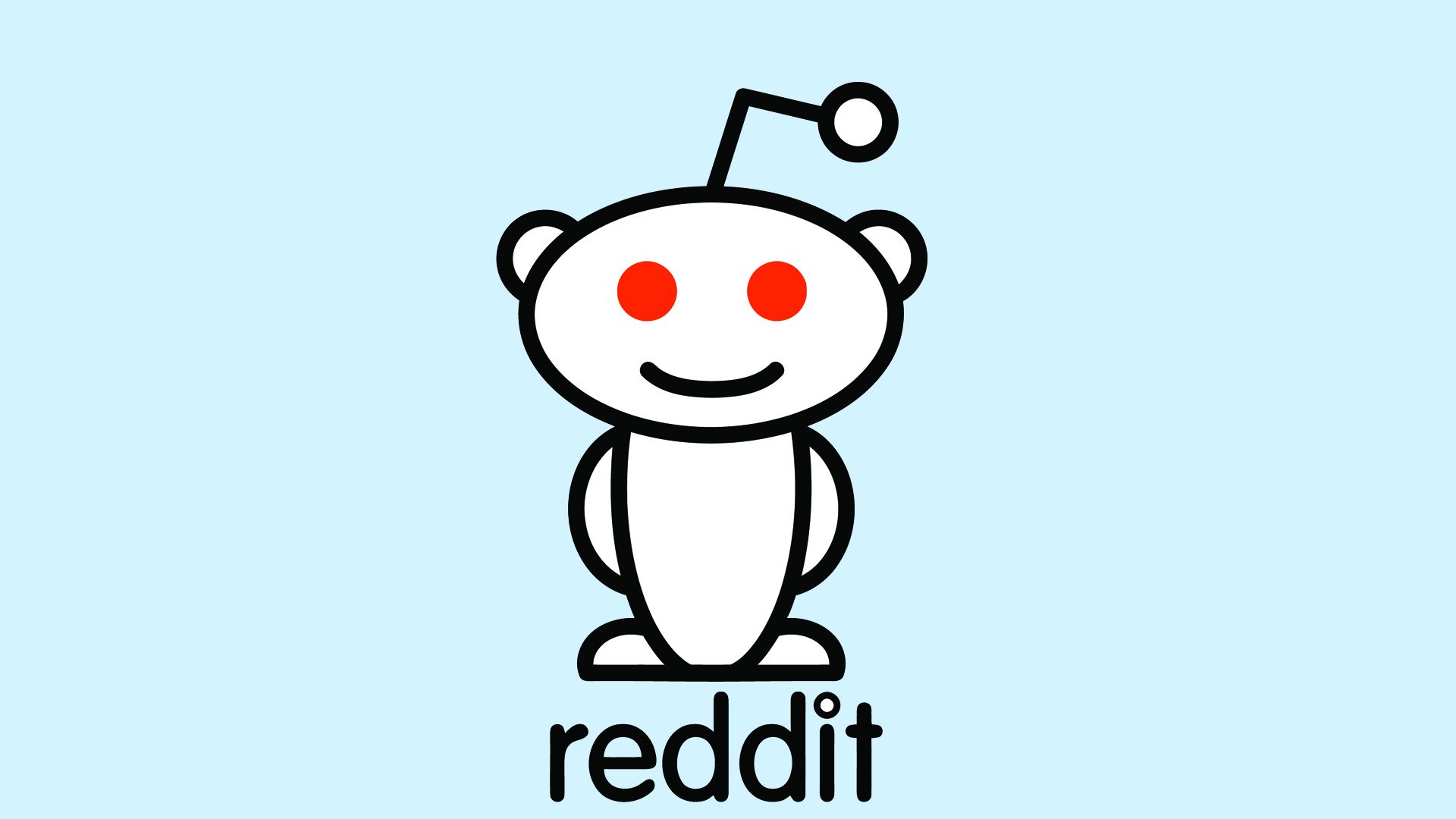
-

-

-
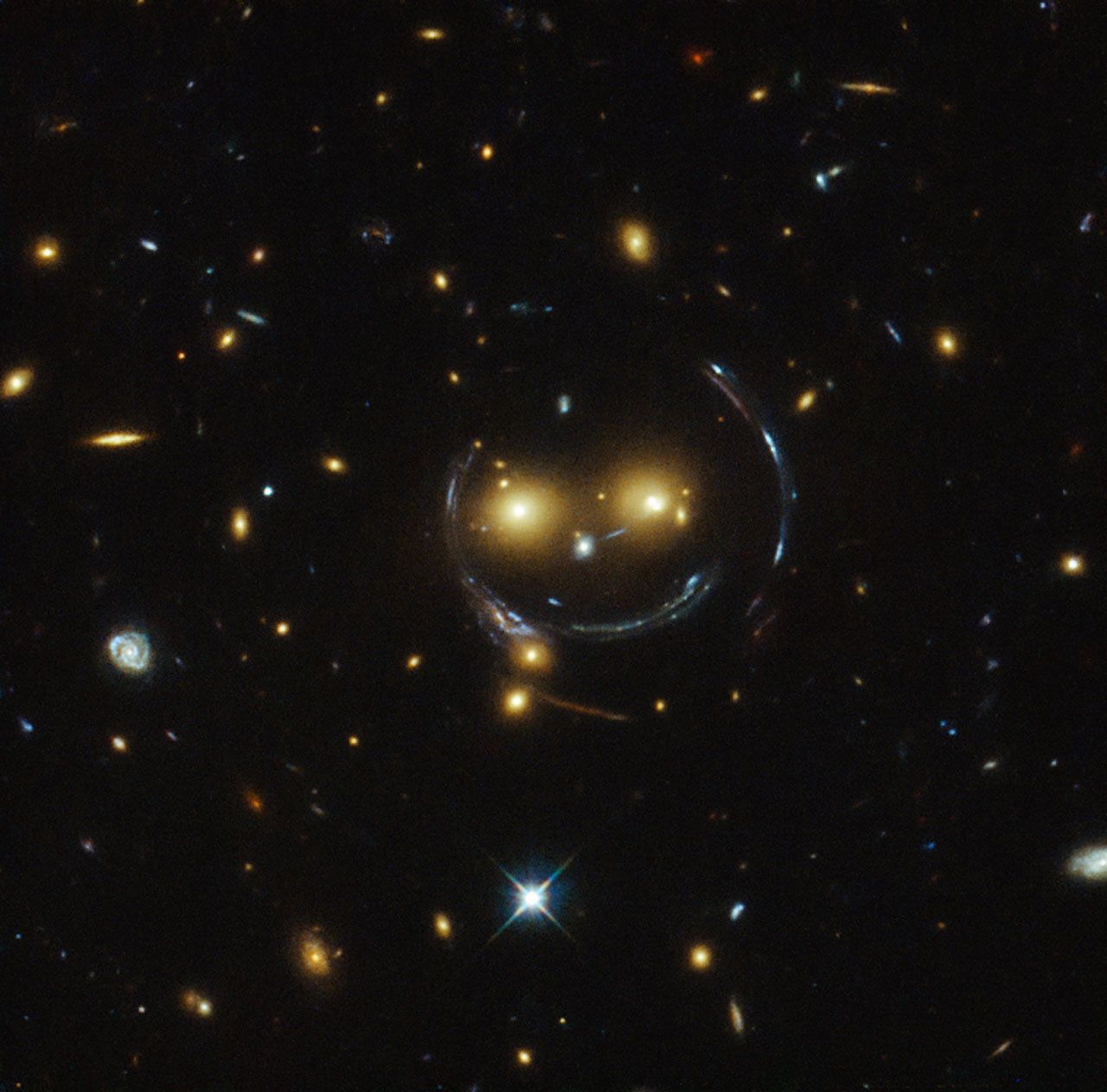
-
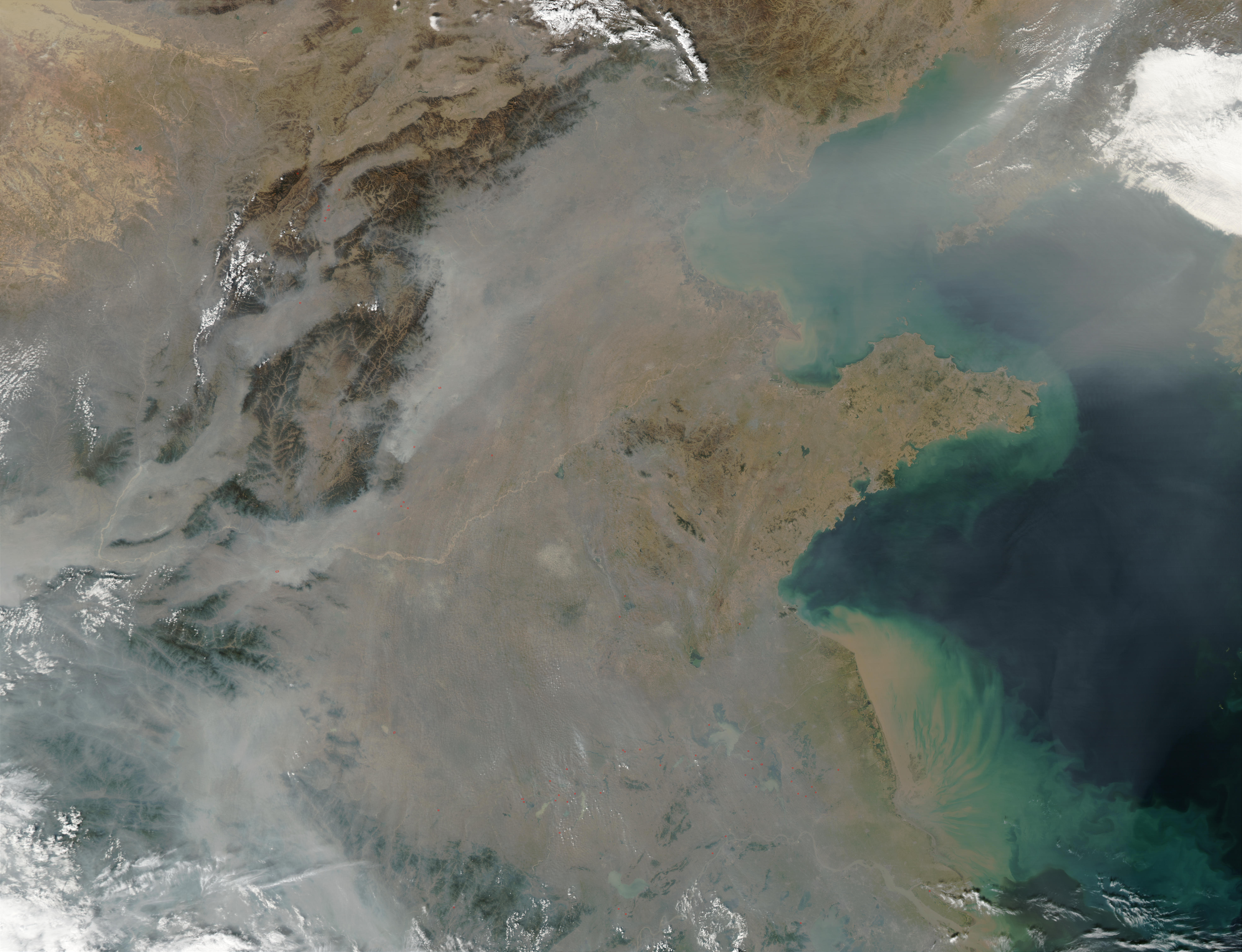
-
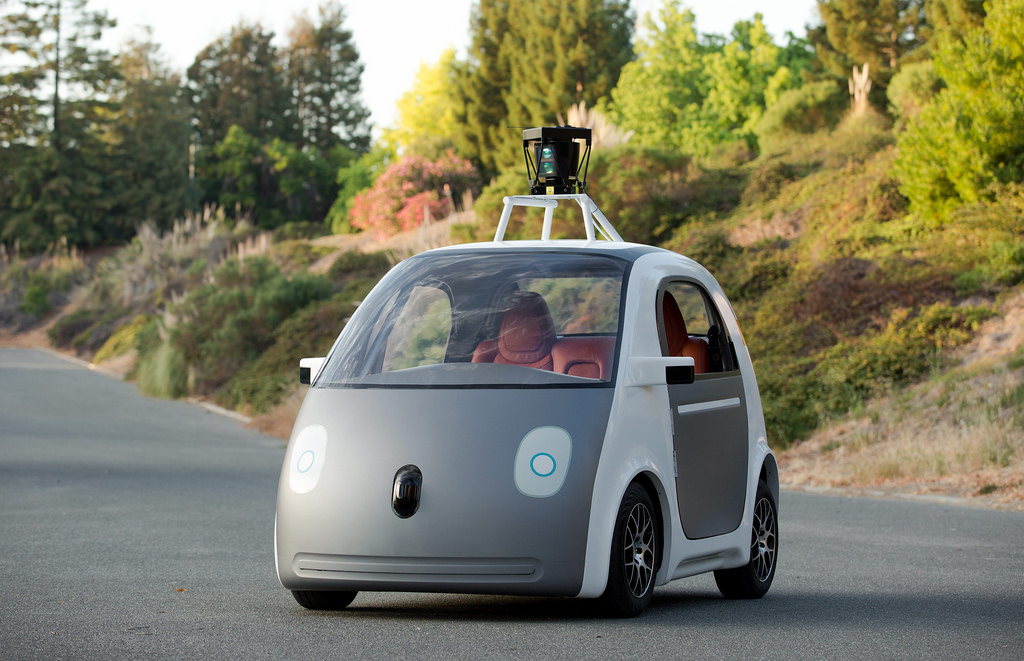
-

-

-
-

-

-

-
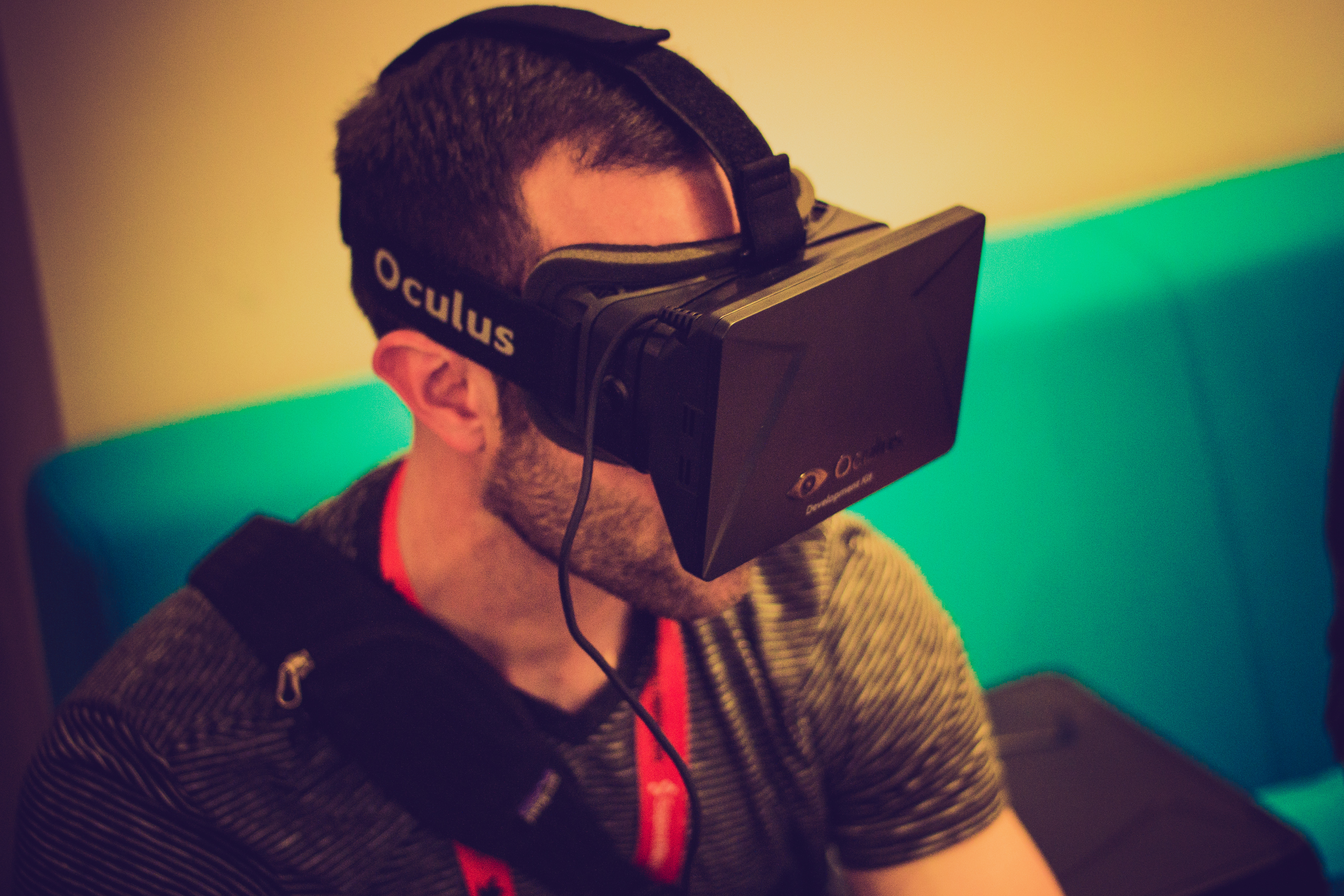
-
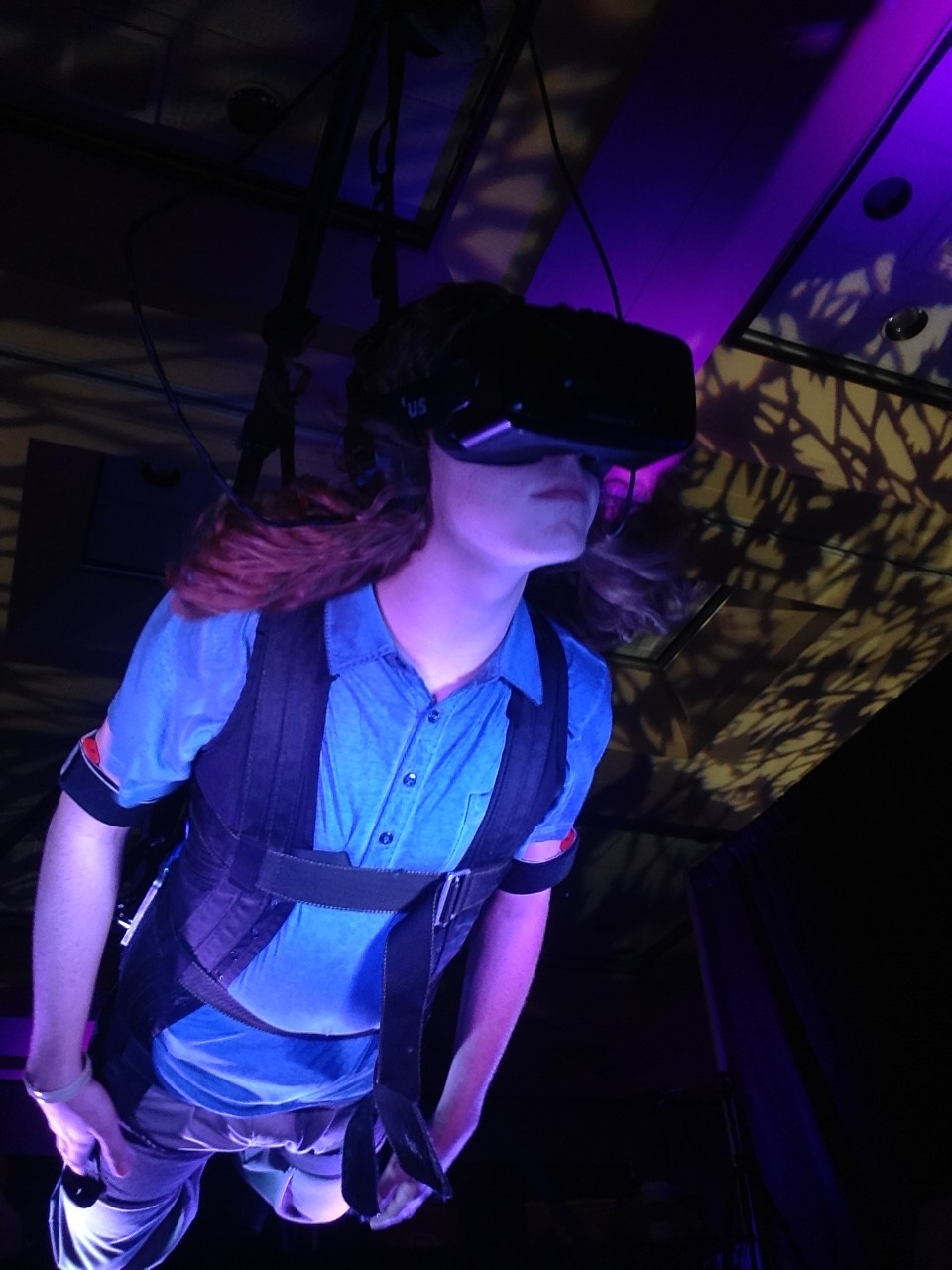
-
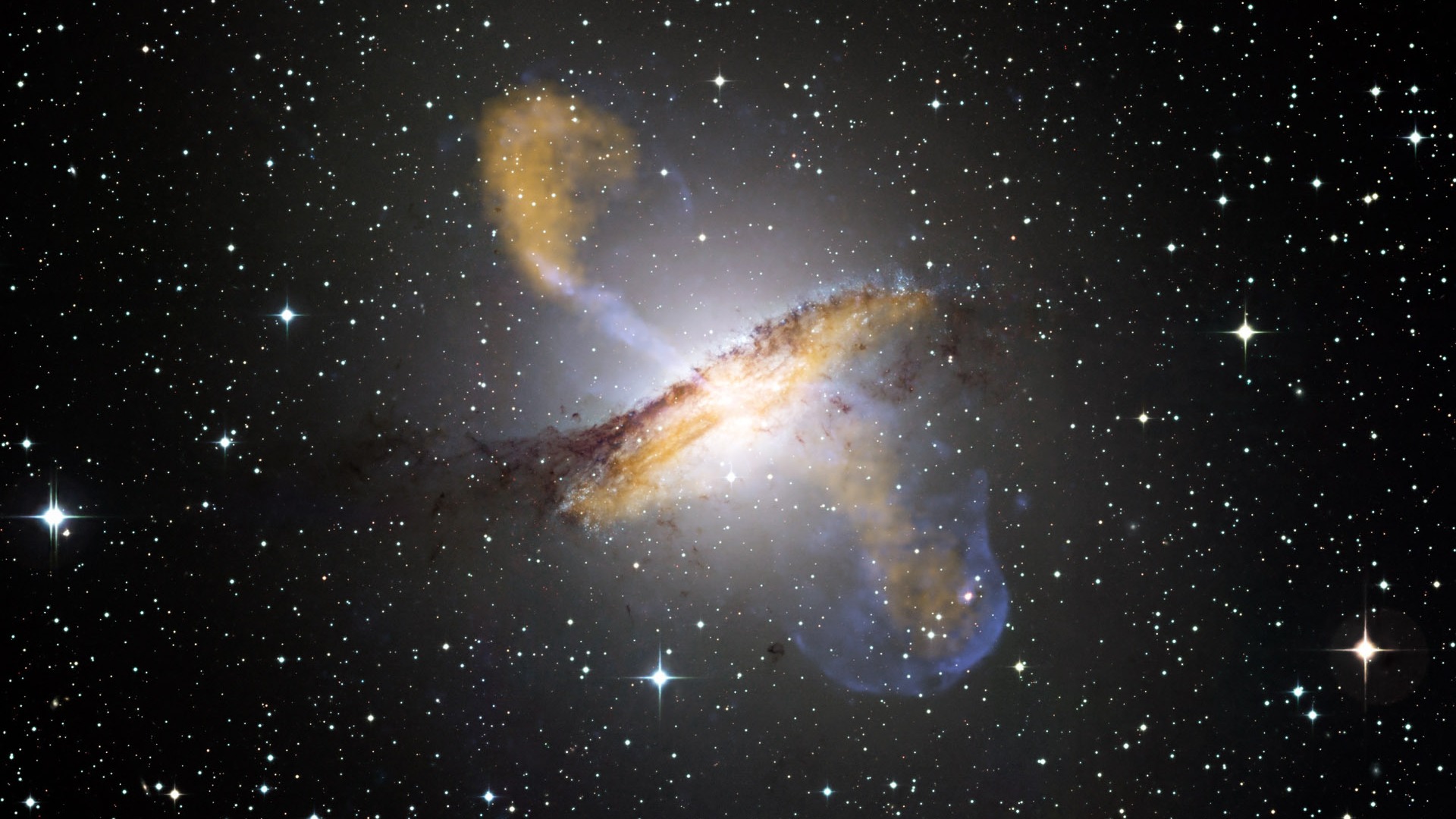
-

-
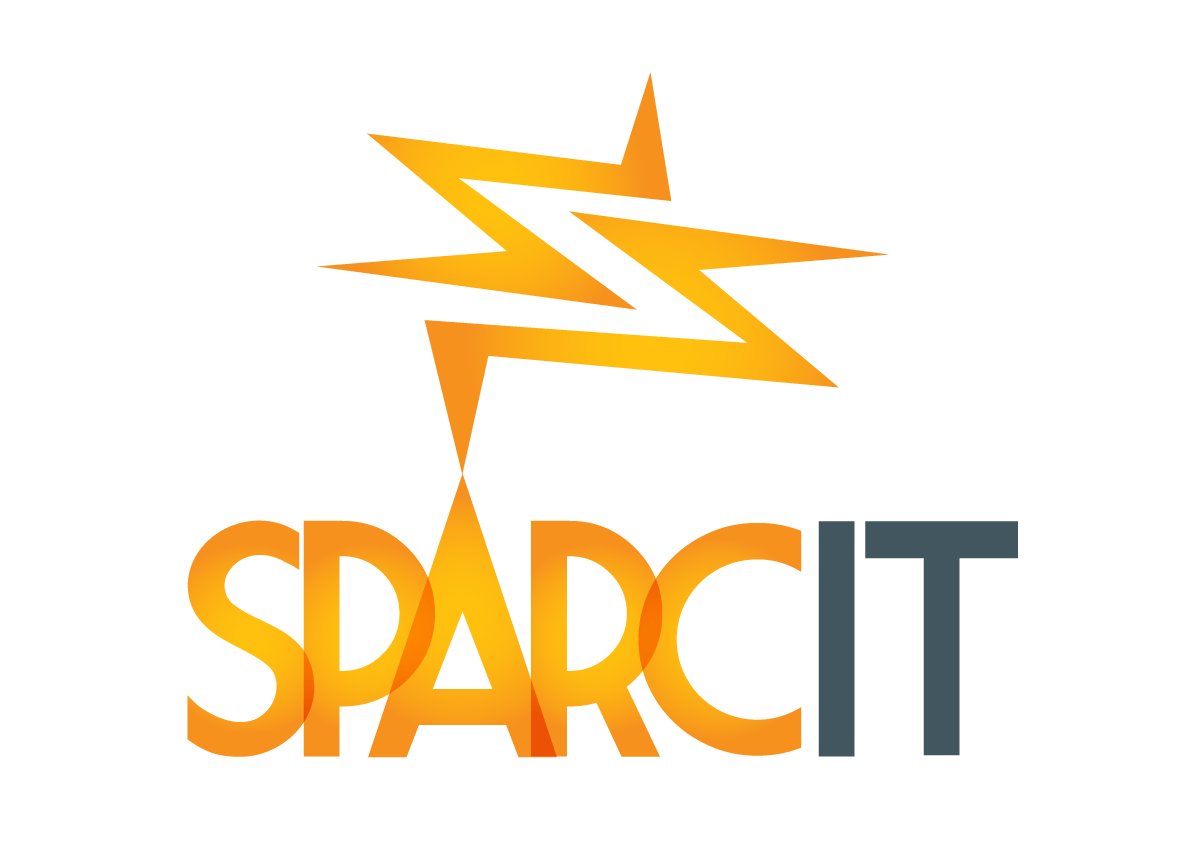
-
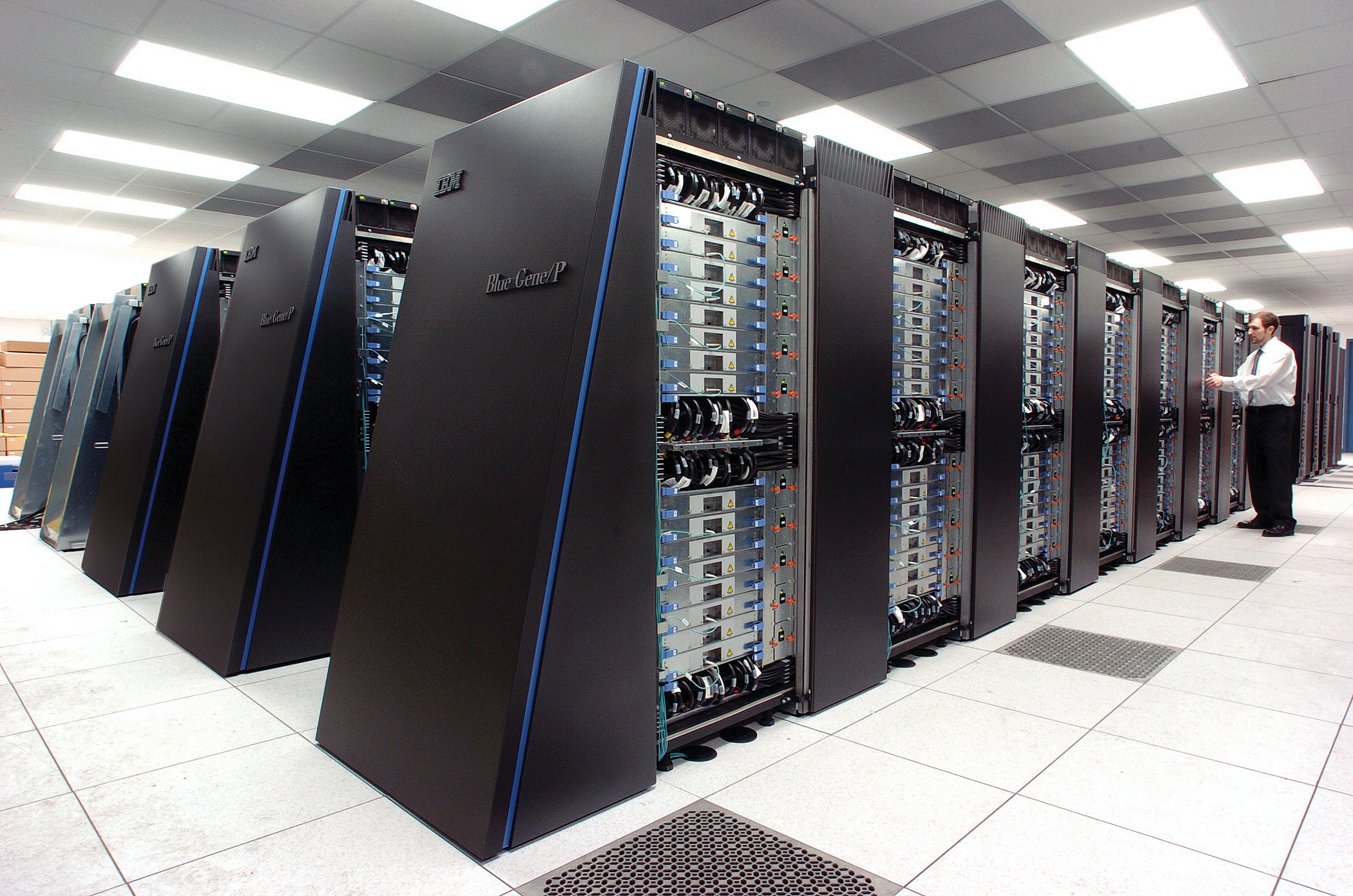
-
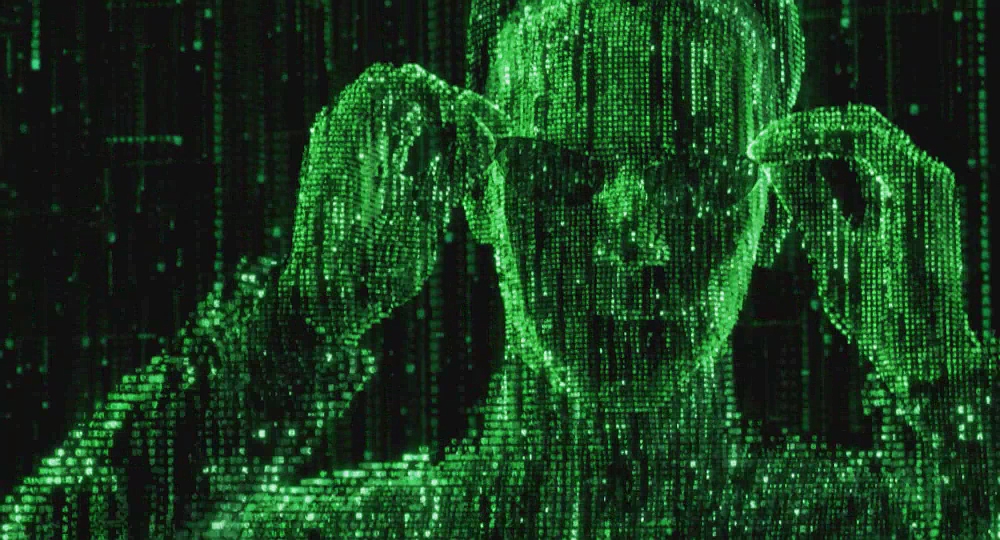
-
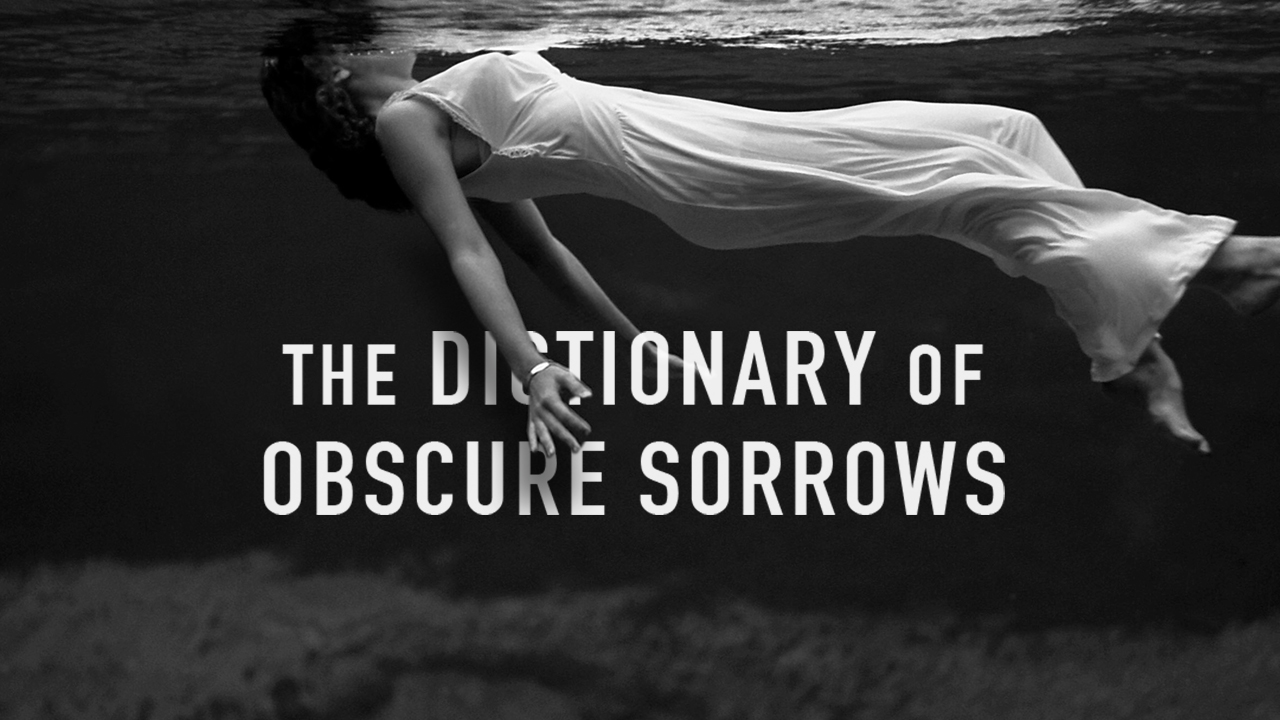
-

-
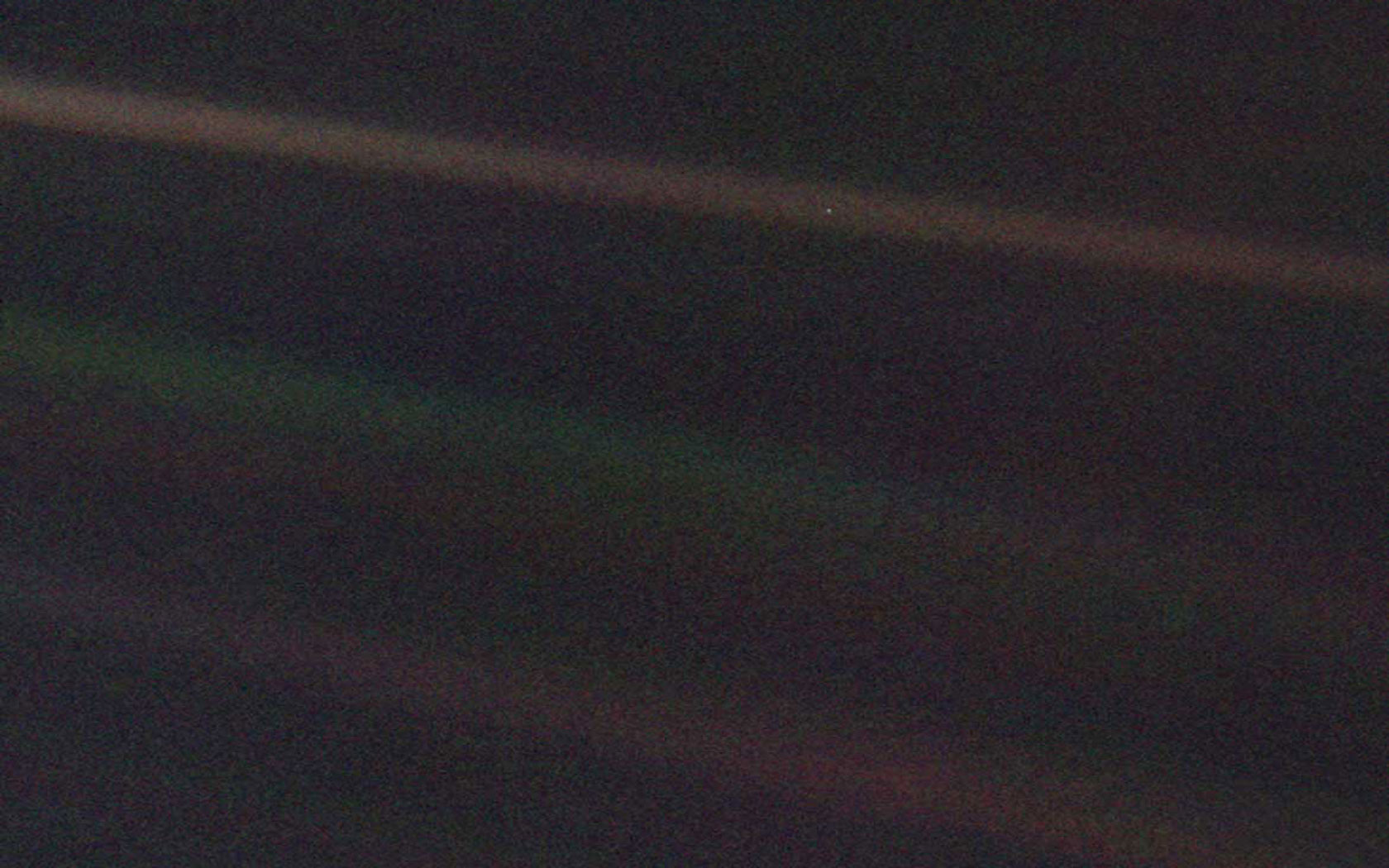
-
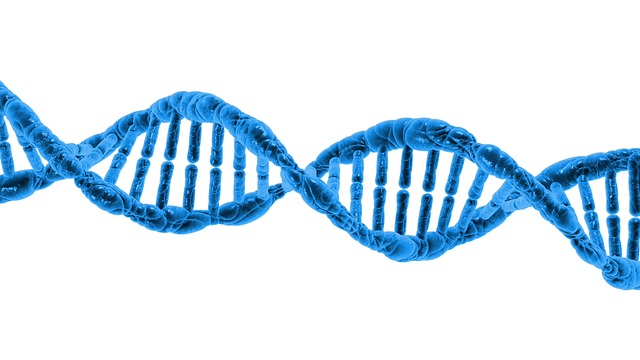
-

-
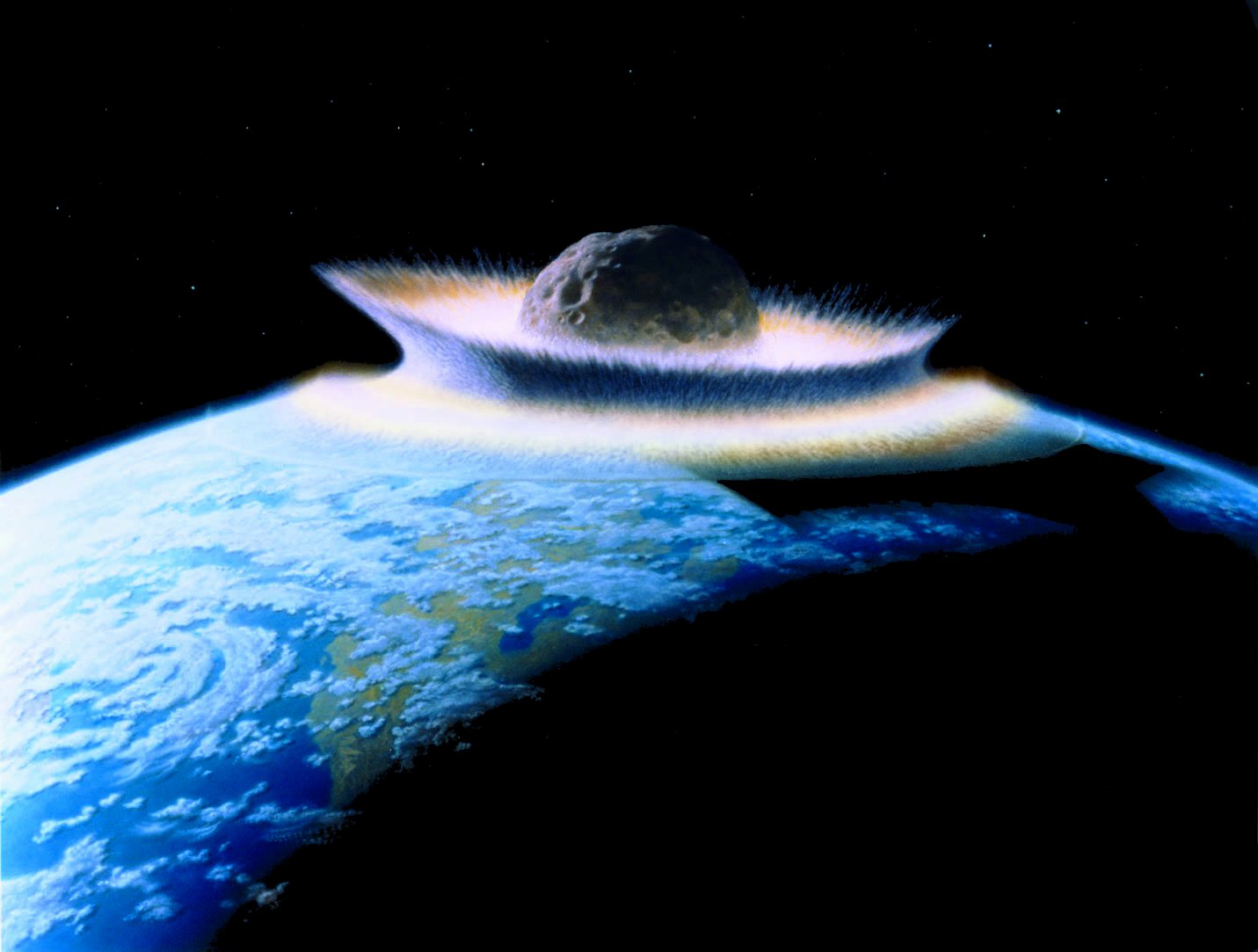
-

-
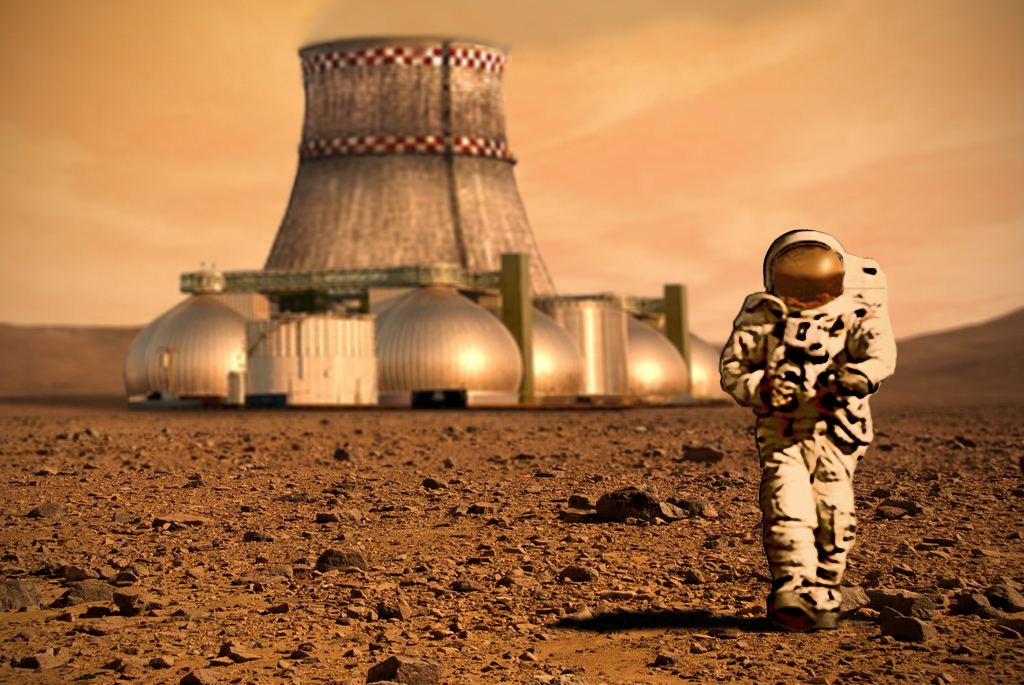
-

-

-
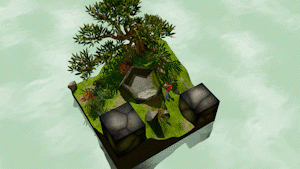
-

-

-
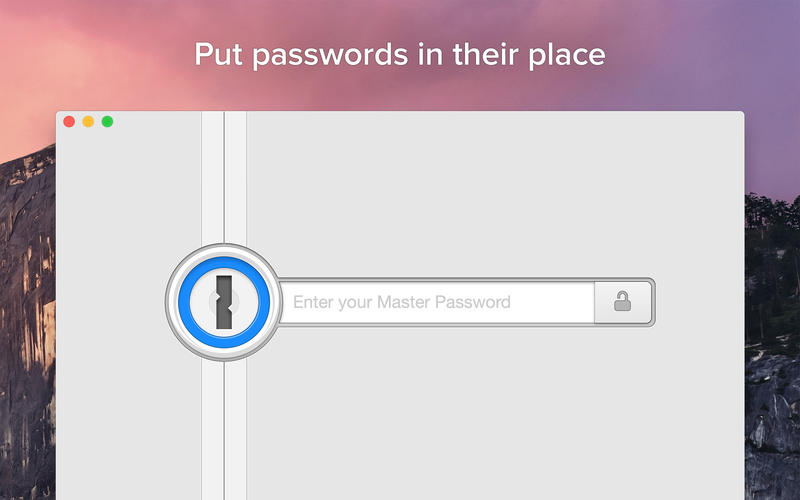
-
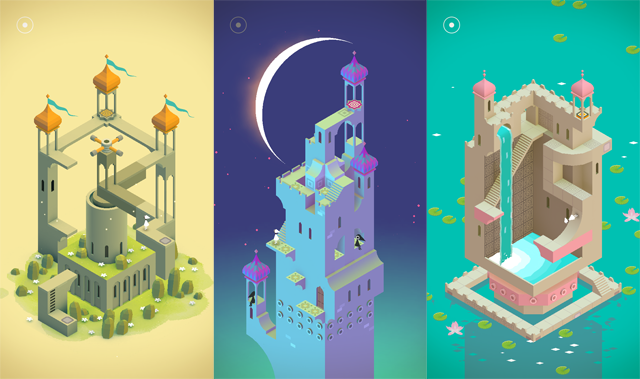
-

-
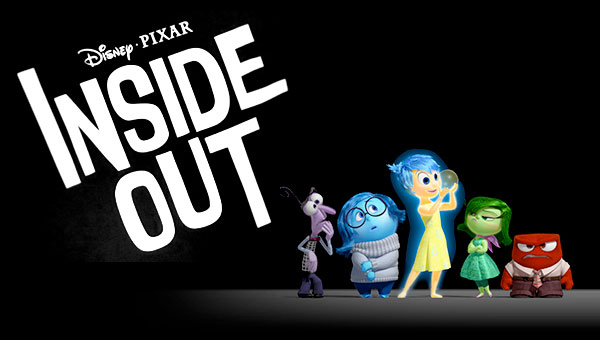
-

-

-
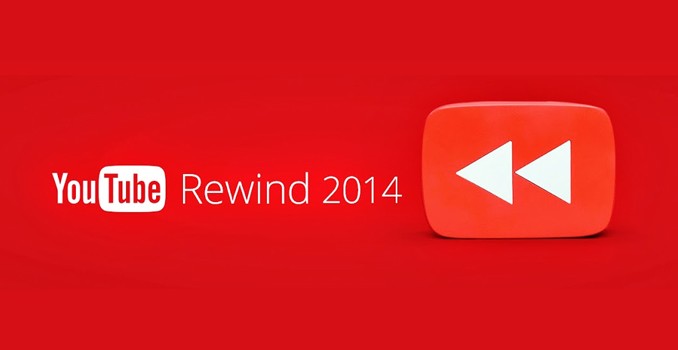
-
-

-

-
 TOTW: Google's Project Ara Modular Phone May Be The Future Of SmartphonesOctober 30, 2014
TOTW: Google's Project Ara Modular Phone May Be The Future Of SmartphonesOctober 30, 2014 -

-

-

-
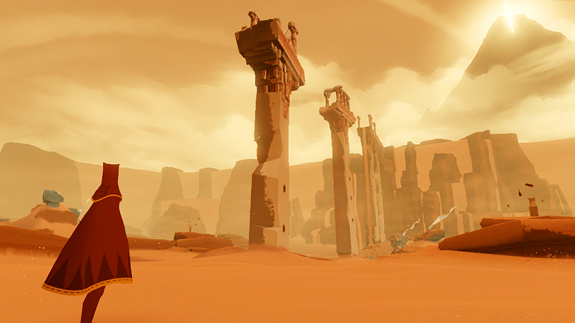
-
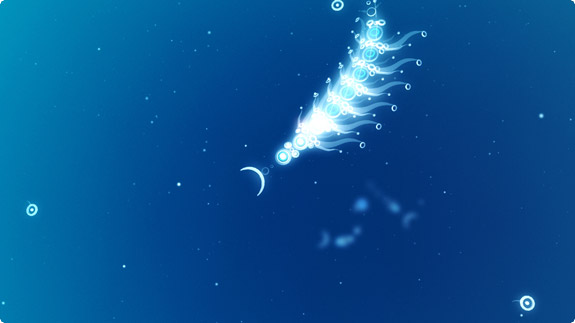
-
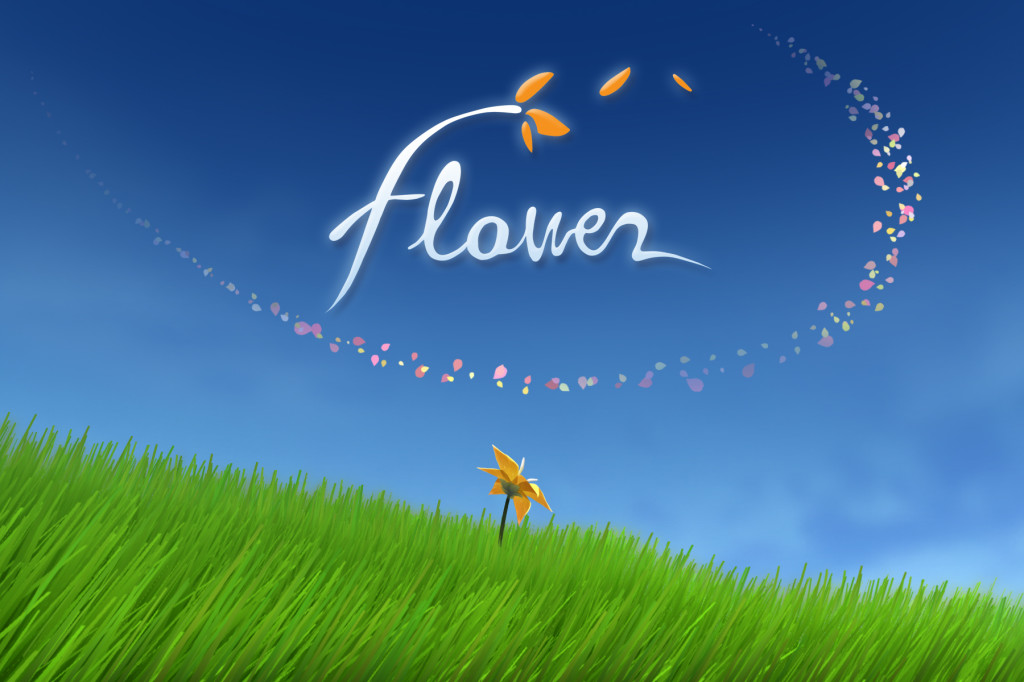
-
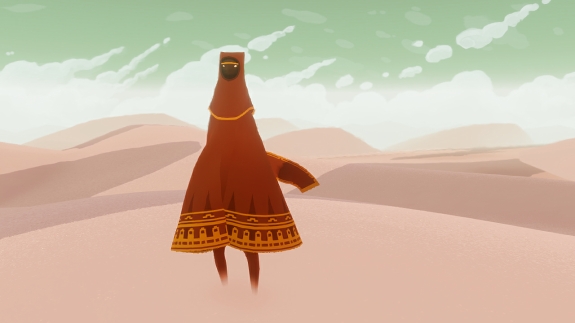
-
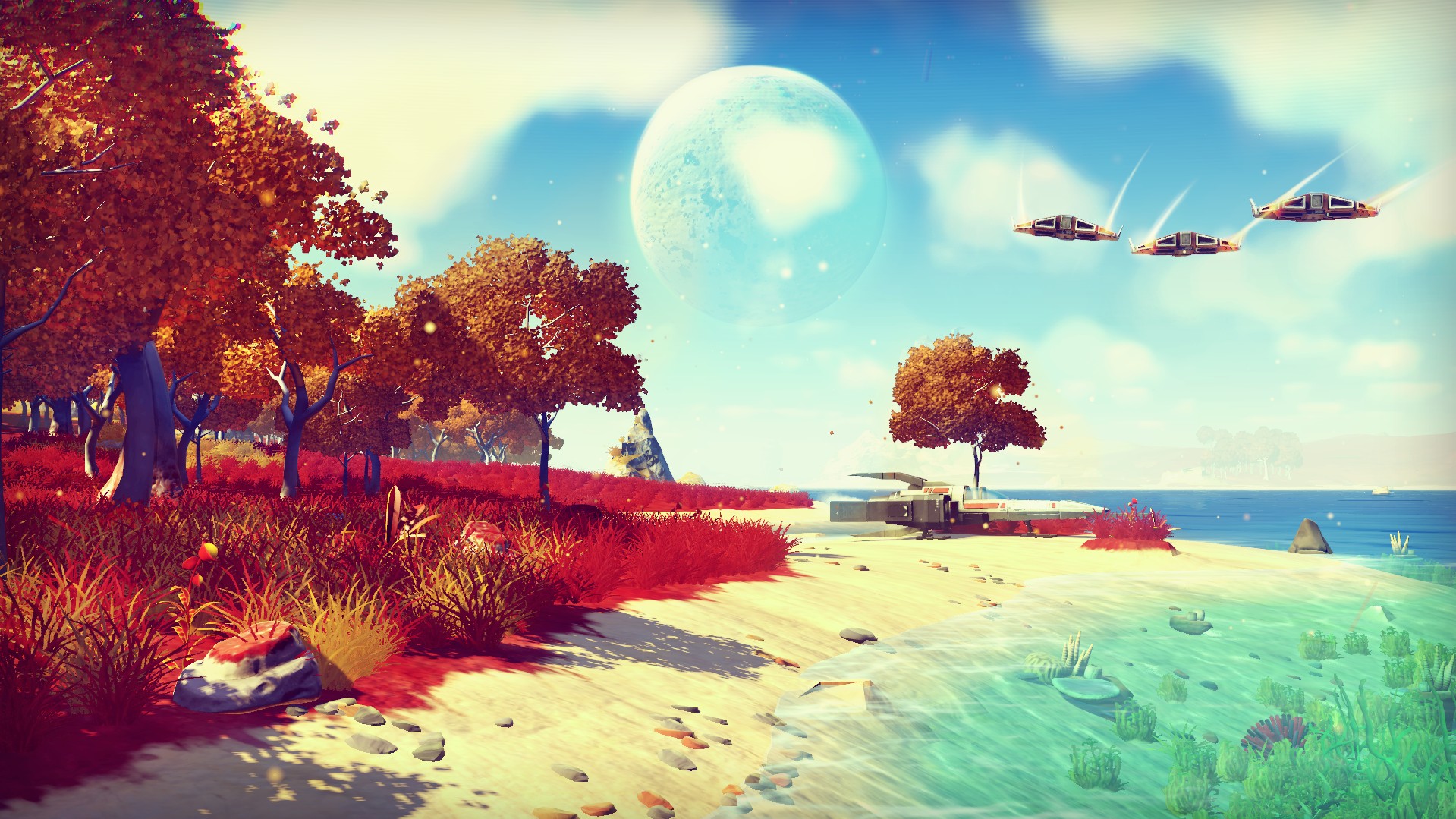
-
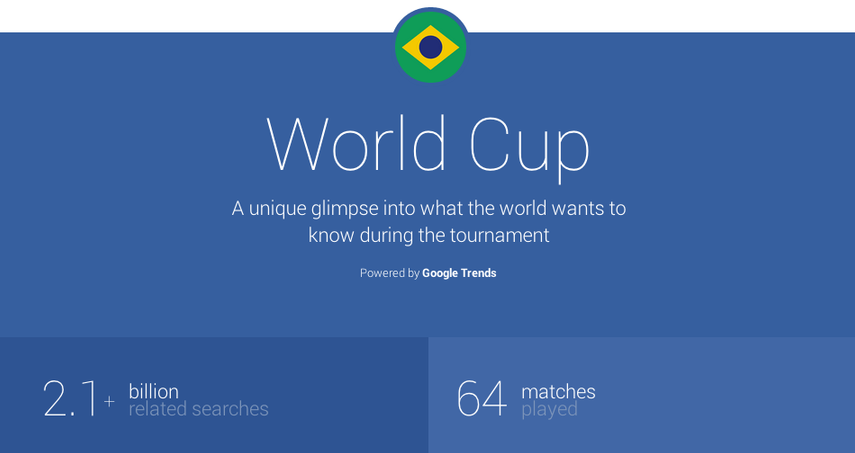
-

-

-

-

-

-
-
-
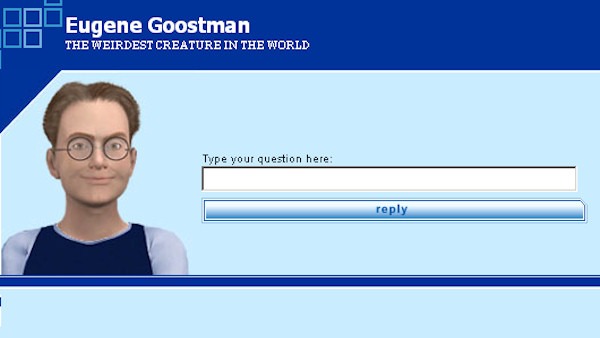
-

-

-

-

-

-

-
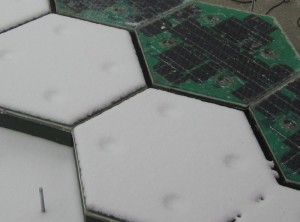
-

Are All Animals Doomed For Extinction? Part 4 – Is There Hope?
This is the final article in FFtech’s De-extinction and Conservation Tech series. To read the first article, go HERE, to read the second article, go HERE, and you can find our most recent article HERE.
So, is there hope for the animals of Earth? That’s the million dollar question. Are an ever-growing number of species ultimately doomed to extinction? While this question may be impossible to answer yet, it is certainly an outcome we all hope to avoid.
In the present, we can do some things to slow the biggest contributors to species extinction such as deforestation and poaching. Efforts are underway in battlegrounds such as the Amazon rainforest to lower the heartless logging of the forests. So much forest is cut down that every second, roughly 36 football fields of trees are destroyed, homes for countless animals, plants, insects, fungi and more amazing life. Also, many efforts to stop poaching of rhinos and elephants in Africa and Asia are taking place, targeting not only the poachers themselves but also the incredibly damaging market for their tusks and horns in China and other countries, leveraging the star-power of local celebrities to amplify the message. Tons of others are chipping in, and yet the trend is still not significantly changing.v
Who am I to say that we’re doomed, though? People have miraculously came together to do great things before, and I’m sure they can do that again for causes like these as well. After all, our animals are what differentiates Earth from some other floating rock out in the Milky Way.
But just stopping this one problem won’t be enough. Overpopulation will drive people into the habitats of more animals. Global warming will continue to melt the ice caps, not only destroying the home of many Arctic and Antarctic species, but causing rising sea levels that threaten to drown countless other animals living near coastlines across the world. Not only do the problems directly relating to animals hurt the chances of the general survival of the Earthen fauna, but other, directly human-caused problems do too. If we are going to be saved by some miracle technology that stops global warming, and the global population levels out, so be it. To be honest, I highly doubt that will happen. At least for many of these problems, humanity will have to exercise its altruistic muscles, and see if we can fix what wrongs the rise of homo sapiens has brought upon the natural world. As interesting as I find the fields cosmology and astronomy, at least an equal amount of eyes and money should be spent studying the fragile ecosystems of the great world we live on, rather than already looking forward to abandoning this planet for another one that is probably not as unique and fascinating as the one we already live on.
“Look again at that dot. That’s here. That’s home. That’s us. On it everyone you love, everyone you know, everyone you ever heard of, every human being who ever was, lived out their lives. The aggregate of our joy and suffering, thousands of confident religions, ideologies, and economic doctrines, every hunter and forager, every hero and coward, every creator and destroyer of civilization, every king and peasant, every young couple in love, every mother and father, hopeful child, inventor and explorer, every teacher of morals, every corrupt politician, every “superstar,” every “supreme leader,” every saint and sinner in the history of our species lived there-on a mote of dust suspended in a sunbeam.
The Earth is a very small stage in a vast cosmic arena. Think of the endless cruelties visited by the inhabitants of one corner of this pixel on the scarcely distinguishable inhabitants of some other corner, how frequent their misunderstandings, how eager they are to kill one another, how fervent their hatreds. Think of the rivers of blood spilled by all those generals and emperors so that, in glory and triumph, they could become the momentary masters of a fraction of a dot.
Our posturings, our imagined self-importance, the delusion that we have some privileged position in the Universe, are challenged by this point of pale light. Our planet is a lonely speck in the great enveloping cosmic dark. In our obscurity, in all this vastness, there is no hint that help will come from elsewhere to save us from ourselves.
The Earth is the only world known so far to harbor life. There is nowhere else, at least in the near future, to which our species could migrate. Visit, yes. Settle, not yet. Like it or not, for the moment the Earth is where we make our stand.
It has been said that astronomy is a humbling and character-building experience. There is perhaps no better demonstration of the folly of human conceits than this distant image of our tiny world. To me, it underscores our responsibility to deal more kindly with one another, and to preserve and cherish the pale blue dot, the only home we’ve ever known.”
– Carl Sagan
Thanks for sticking with me through this whole conversational journey! If you want to check out the first, second and third articles in the series, go HERE.
Sources: http://www.biologicaldiversity.org/programs/biodiversity/elements_of_biodiversity/extinction_crisis/ http://wwf.panda.org/about_our_earth/biodiversity/biodiversity/ http://www.nature.com/news/2011/110823/full/news.2011.498.html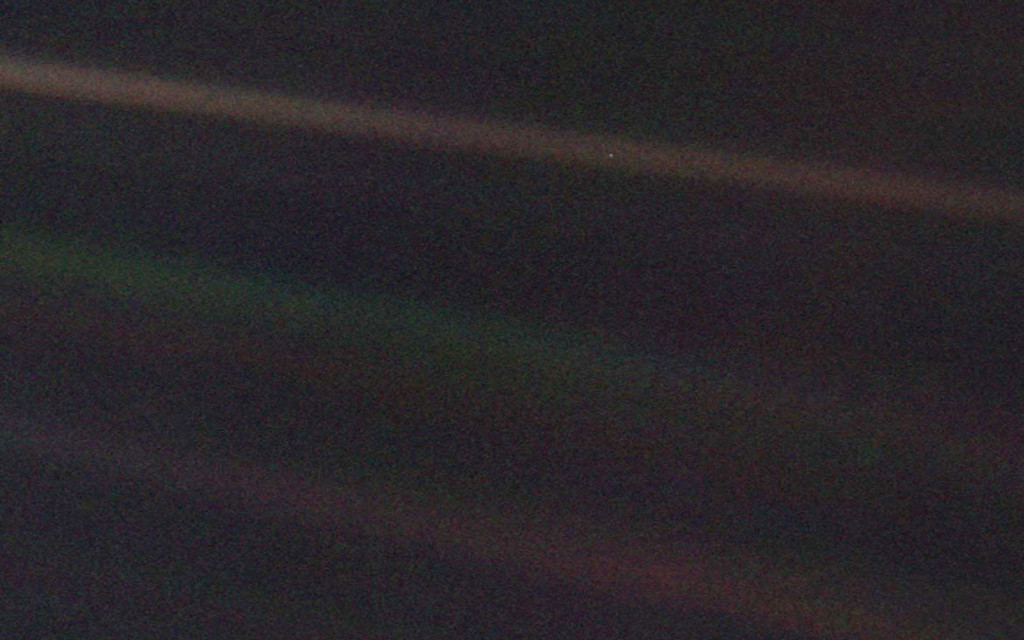
Leave a Reply